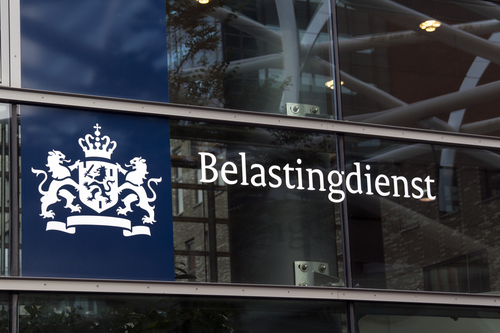Asset tax system gets overhaul, 1.3 million people will pay no tax on savings


The cabinet plans to overhaul the system for taxing savings, which will lead to no asset tax bills for 1.3 million people and 500,000 facing lower payments.
Tax minister Menno Snel said in April the cabinet was looking into ways of cutting the amount of tax paid by people whose assets are primarily in the form of savings.
The government currently uses ‘fictitious interest rates’ of upwards of 2% to decide how much income people have from their assets, and levies tax of 30% on assets over €30,360 (double for a couple).
But at the moment, most savings accounts have interest rates of around zero and people are paying tax on income they have not realised.
Under the new set-up, which will come into effect in 2022, assets would be divided into three categories: savings, investments and debt. Savings over €30,360 would be taxed in line with current interest rates, rather than a fictitious amount.
According to preliminary calculations and the current low interest rates, the change means savings up to €440,000 will be virtually tax free, Snel told MPs.
At the same time, people who have borrowed money to invest in property, for example, would no longer be able to deduct the loan from their assets and so lower their tax bill.
The plans still have to be worked out in detail.
Thank you for donating to DutchNews.nl.
We could not provide the Dutch News service, and keep it free of charge, without the generous support of our readers. Your donations allow us to report on issues you tell us matter, and provide you with a summary of the most important Dutch news each day.
Make a donation